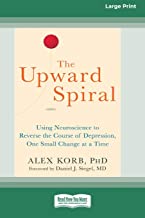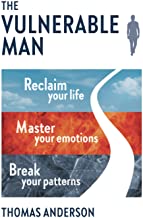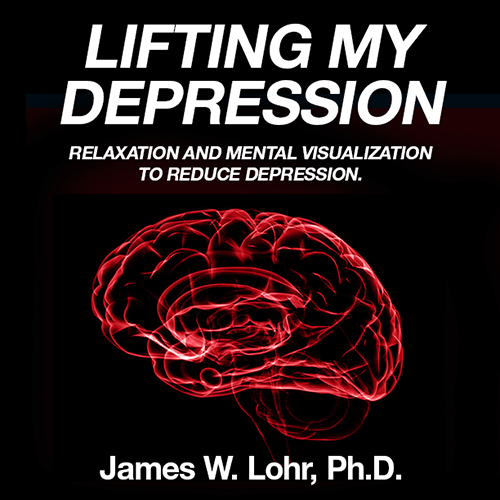Depression
A mental health disorder characterized by persistently depressed mood or loss of interest in activities, causing significant impairment in daily life.
Possible causes include a combination of biological, psychological, and social sources of distress. Increasingly, research suggests these factors may cause changes in brain function, including altered activity of certain neural circuits in the brain.
The persistent feeling of sadness or loss of interest that characterizes major depression can lead to a range of behavioral and physical symptoms. These may include changes in sleep, appetite, energy level, concentration, daily behavior, or self-esteem. Depression can also be associated with thoughts of suicide.
The mainstay of treatment is usually medication, talk therapy, or a combination of the two. Increasingly, research suggests these treatments may normalize brain changes associated with depression.
Wiki Number: W058
Diagnoses: Depression
US Patients:
World Patients: 300Mil; 4.4%
Sex Ratio: M;W+
Age Onset:
Brain Area:
Symptoms: low mood and aversion to activity; loss of pleasure;
Effects: the leading cause of disability world-wide;
Causes: childhood adversity ,unequal treatment of siblings, abuse; adult work-or-family stress, medical diagnosis, unemployment
Medications: antidepressants should not be used with initial encounters; long-term depression can benefit from medical help
Therapies: exercise, fond memories; self-help books;
Youtube Video: “I’m Fine” Learning to Live with Depression
Amazon or Library Book:
The Upward Spiral
Amazon or Library Book:
The Vulnerable Man
Click the book to link or order from Amazon.
Click the book to link or order from Amazon.
Jim Lohr’s Download, Lifting My Depression, is available for sale
in the “Blue Box” in this website.
You can download this program from the “Blue Box”
in the right column of the website.
Support Group: dsballiance.org; 800-326-3632
(Depression and Bipolar Support Alliance)
Their website has support groups linked by zip-code
and by state; some face-to-face and some online.
Contact your local Social Security office for possible Disability Benefits through their Disability Determination Services, Section 12.04.



